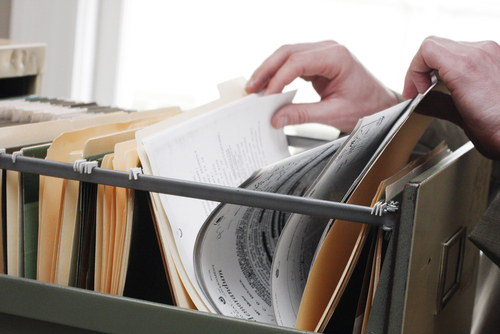When it comes to confidential accounting documents in Singapore, there are a few things you can do to keep them under wraps. First and foremost, make sure you have a secure and confidential document storage system. This could be a locked cabinet or filing system, or a password-protected electronic document storage system. Secondly, make sure that all accounting personnel are aware of the importance of confidentiality and understand the consequences of violating this policy. Finally, be vigilant in enforcing confidentiality policies and promptly addressing any breaches. By following these simple tips, you can keep your accounting documents confidential in Singapore and protect your business interests.
Understand the types of accounting documents that must be kept confidential in Singapore.
Accounting documents that must be kept confidential in Singapore include, but are not limited to, the following:
- Tax returns
- Company accounts
- Financial statements
- Minutes of directors’ and shareholders’ meetings
- Contracts or other business agreements
- Personnel files
- Credit card statements
- Loan agreements
- Insurance contracts
- Any other document that is categorized as confidential by law.
Follow best practices to protect the confidentiality of your accounting documents.
When it comes to accounting, confidentiality is key. You want to make sure that your documents and financial information are kept confidential and safe. Here are a few tips to help you protect the confidentiality of your accounting documents:
-Make sure you have a strong password to protect your documents.
-Do not share your documents with anyone who does not need access to them.
-Store your documents in a secure location.
-Destroy any documents that are no longer needed.
Following these tips will help keep your accounting documents confidential and safe.
Use secure storage and communication methods to protect your documents.
When it comes to storing and communicating your documents, you want to be sure to use secure methods. This means using methods that are both encrypted and password protected. This will help to ensure that your documents are safe and secure.
One way to do this is by using a secure file-sharing service. These services encrypt your files before they are sent, so that no one can access them without the proper password. This is a great way to share sensitive information with others, without having to worry about it being compromised.
Another way to protect your documents is by using a secure email service. These services encrypt your emails, so that they can only be read by the intended recipient. This is a great way to keep your communication confidential.
By using secure storage and communication methods, you can rest assured that your documents are safe and secure.
Once the documents are no longer required, do consider getting a shredding service company to help you securely shred and recycle the documents.
Understand the consequences of violating Singapore’s confidentiality laws.
Singapore’s confidentiality laws are strict and violations can lead to serious consequences. Anyone who discloses confidential information without authorization can be fined up to $100,000 and imprisoned for up to two years. It is therefore important to understand the consequences of violating these laws before taking any action that could potentially lead to a disclosure.
Disclosing confidential information can have serious consequences for both the individual and the organization. The individual can be fined and imprisoned, and the organization can face financial penalties and a loss of trust. It is therefore important to take care when handling confidential information and to only disclose it when authorized to do so.

